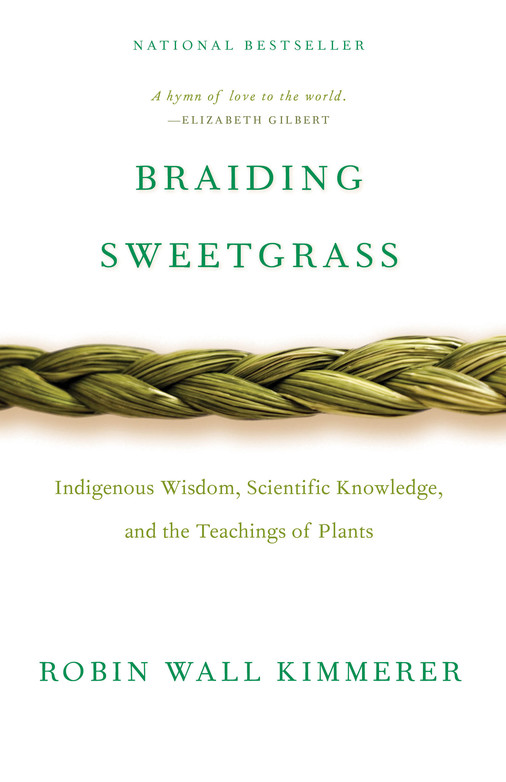Goal: To spend the next week (Sept 15th – 22nd) gathering resources about Traditional Ecological Knowledge.
Base knowledge
I did an Indigenous studies degree at Uvic and already have a definition of Traditional Ecological Knowledge: which is the knowledge that has been passed down about the land/water, culture, and ways of being with the land/waters. This knowledge is traditional meaning passed down thousands of years while also being ecological meaning knowledge acquired through contact with the natural world.
Additionally, I have a base understanding of Indigenous worldview relating to Indigenous Peoples’ relationship with the natural world, viewing it as kin. I would like to expand this understanding at the beginning of this project by watching videos.
I have an understanding of sciences and an understanding of Traditional Ecological Knowledge; however, I don’t have any prior knowledge or experience creating lesson plans combining both science and Traditional Ecological Knowledge.

If you’re looking to expand your understanding of Traditional Ecological Knowledge, Indigenous worldview, and how to live in reciprocity with the natural world, I recommend reading Braiding Sweetgrass by Robin Wall Kimmerer
Question: How has New Zealand’s education system included Māori Traditional Ecological Knowledge?
In the article Mātauranga Māori and science from the Science Learning Hub, it is clear that Māori Traditional Ecological Knowledge is science in itself. Māori Traditional Ecological Knowledge particularly relates to Environmental Sciences and sustainability.
In New Zealand Chemistry and Biology, the concept of chemical reactions is being explored examples that occur in Māori natural resources (taiao). Additionally, the physical properties of materials are also explored using taiao. (source)
From talking with on of the Chemistry teachers from Esquimalt high school and reading the article Bringing Māori concepts into school science: NCEA, it is clear that science is the hardest subject to incorporate Traditional Ecological Knowledge; therefore it is essential to break down this barrier and understanding how the incorporation of Science and Indigenous Knowledge can be done.
Takeaways:
- It is important to include LOCAL knowledge in lesson plans.
- Incorporating Traditional Ecological Knowledge is important and it challenges the norm of science philosophy.
- Traditional Ecological Knowledge is science and has gone through rigorous tests (only working knowledge is passed down generationally). Even though Traditional Ecological Knowledge has not gone through the Scientific Method does not mean it isn’t valid science.
2 Responses to “Traditional Ecological Knowledge”
Wow, it looks like you’re learning so much through your blogging journey. Very applicable, incorporating indigenous knowledge in the science classroom. Can’t wait to read more about it!